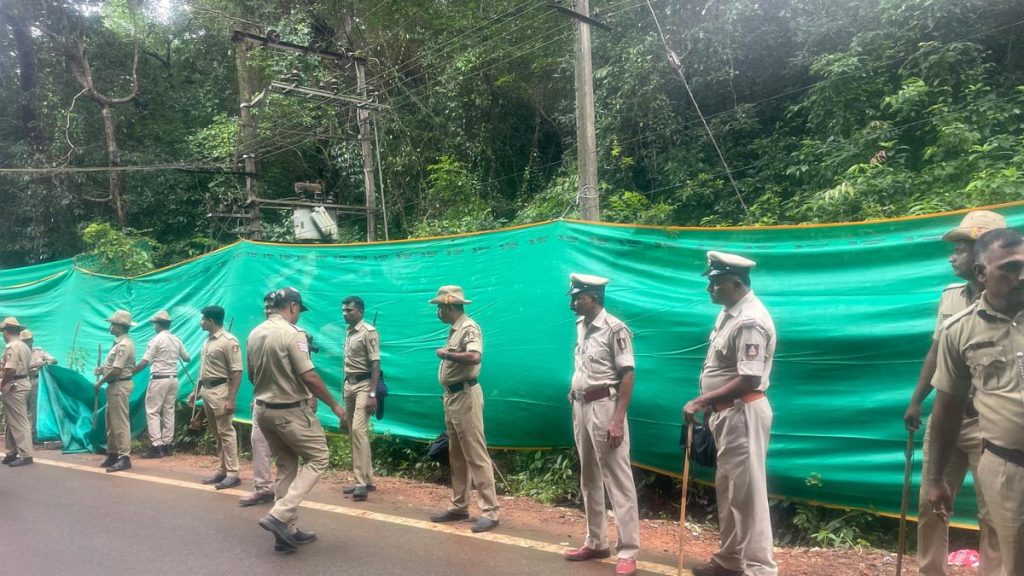Now Reading: Fact-Finding Team Highlights Poor Conditions at Kalaburagi Women’s Nursing Hostel
-
01
Fact-Finding Team Highlights Poor Conditions at Kalaburagi Women’s Nursing Hostel
Fact-Finding Team Highlights Poor Conditions at Kalaburagi Women’s Nursing Hostel
Fast Summary
- A joint delegation from the Prajna Legal Advisory Committee and all india Democratic Women’s Association (AIDWA) visited the Indira Gandhi Women’s Nursing Hostel in Kalaburagi to assess grievances.
- The visit followed allegations of inappropriate behavior by the hostel warden, who has as been transferred.
- Serious issues highlighted by the delegation include:
– Lack of CCTV surveillance on-site.
– Poor quality, non-nutritious food.
– Absence of menstrual hygiene measures like sanitary pads and disposal facilities.
– Severe overcrowding: up to 14 students in one room sleeping on the floor due to a shortage of beds and mattresses.
– Substandard toilets and bathing facilities that lack regular cleanliness maintenance.
- Allegations were raised against local police for reportedly using a threatening tone while addressing issues instead of taking a sensitive, counseling-based approach.
- Dr. Meenakshi Bali (AIDWA State president) questioned whether structural concerns were being neglected by the Backward Classes Welfare Department governing the facility.
Indian Opinion Analysis
The findings from this inspection underscore systemic lapses in managing public welfare institutions like hostels for underserved groups. While transferring an accused warden addresses individual behavior issues, it does little to mitigate broader challenges such as inadequate infrastructure, poor sanitation, or neglectful administrative oversight. The lack of menstrual hygiene measures notably endangers basic health rights for women residents.
Additionally, reports about local police interactions suggest that law enforcement may require training on gender-sensitivity and trauma-informed approaches when dealing with vulnerable populations. this incident highlights an urgent need for accountability mechanisms within departments managing welfare facilities.
Holistically addressing these gaps-structural improvements at hostels complemented with sensitized departmental oversight-is key not only for resolving current grievances but upholding dignity and accessibility standards across similar establishments nationwide.
Read More: The Hindu
























